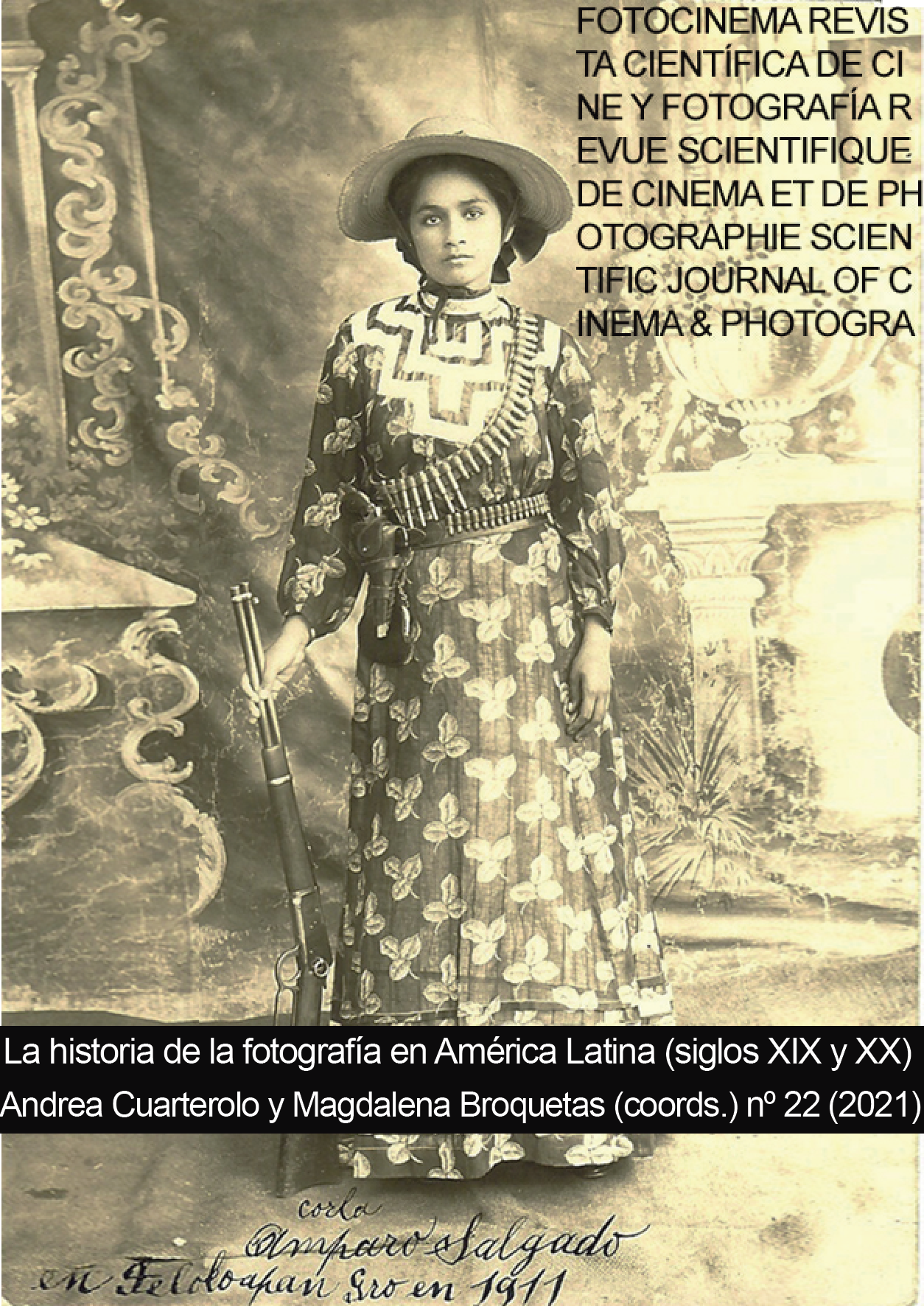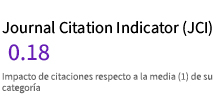When history and heritage invade the screen. Dialogue with Javier Olivares
DOI:
https://doi.org/10.24310/Fotocinema.2021.vi22.11779Keywords:
Olivares, Javier, Serials, History of Spain, Cultural Heritage, Historical Fiction, Social RepresentationsAbstract
In recent years, the genre of historical fiction has seen notable growth in Spanish television. With Isabel (2012-2014), Víctor Ros (2015-2016) and El Ministerio del Tiempo (2015-2020), Javier Olivares manages to give life to a unique universe, managing to invade viewers’ screens with historical characters linked to Spanish cultural heritage. Olivares, one of the most important producers and scriptwriters of Spanish fiction today, talks about the logic behind the production of fictional and historical series in this interview. Issues related to the (re) production and (re) creation of emblematic figures in the art and history of Spain, their aesthetic construction process, their degree of scope and thier impact on society, as well as the producer’s upcoming projects.
Downloads
Metrics
References
Castoriadis, C. (2007). La Institución Imaginaria de La Sociedad. Tusquets Editores. Recuperado de https://bit.ly/36hEiQj
Leyton-Rivas, R. (2007)., El Patrimonio Cultural en la Formación del Periodista Revista Re Presentaciones: Periodismo, Comunicación Y Sociedad. 2, 107–114. https://doi.org/https://bit.ly/2Xgi5i6
Downloads
Published
How to Cite
Issue
Section
License
All contents published in Fotocinema Revista científica de cine y fotografía are protected under the Creative Commons Attribution-NonCommercial-ShareAlike 4.0 International (CC BY-NC-SA 4.0) license. All about this license is available in the following link: <http://creativecommons.org/licenses/by-nc-sa/4.0>
Users can copy, use, redistribute, share and exhibit publicly as long as:
- The original source and authorship of the material are cited (Journal, Publisher and URL of the work).
- It is not used for comercial purposes.
- The existence of the license and its especifications are mentioned.
There are two sets of authors’ rights: moral and property rights. Moral rights are perpetual prerogatives, unrenounceable, not-transferable, unalienable, imprescriptible and inembargable. According to authors’ rights legislation, Fotocinema. Revista científica de cine y fotografía recognizes and respects authors moral rights, as well as the ownership of property rights, which will be transferred to University of Malaga in open access. The property rights are referred to the benefits that are gained by the use or the dissemination of works. Fotocinema. Revista científica de cine y fotografía is published in an open access form and it is exclusively licenced by any means for doing or authorising distribution, dissemination, reproduction, , adaptation, translation or arrangement of works.
Authors are responsable for obtaining the necessary permission to use copyrighted images.













13.png)



